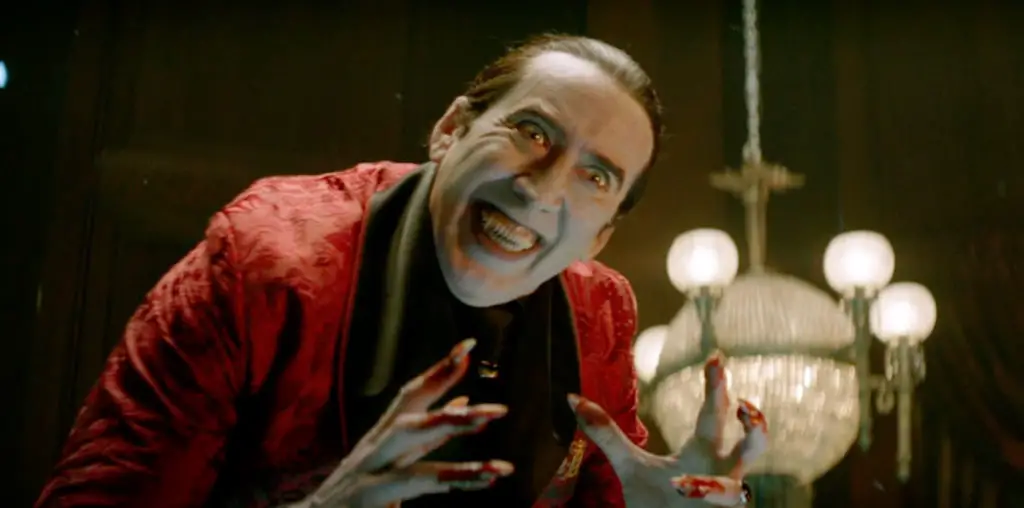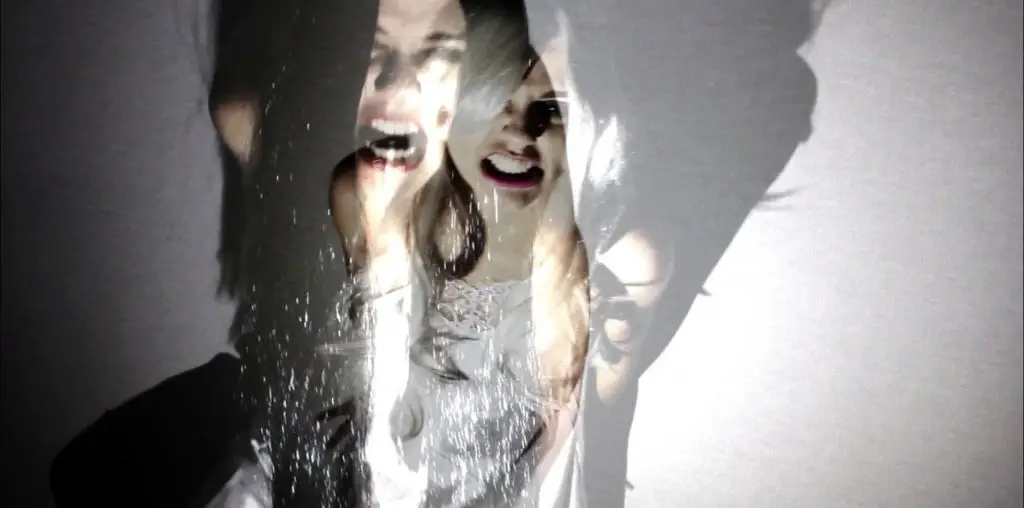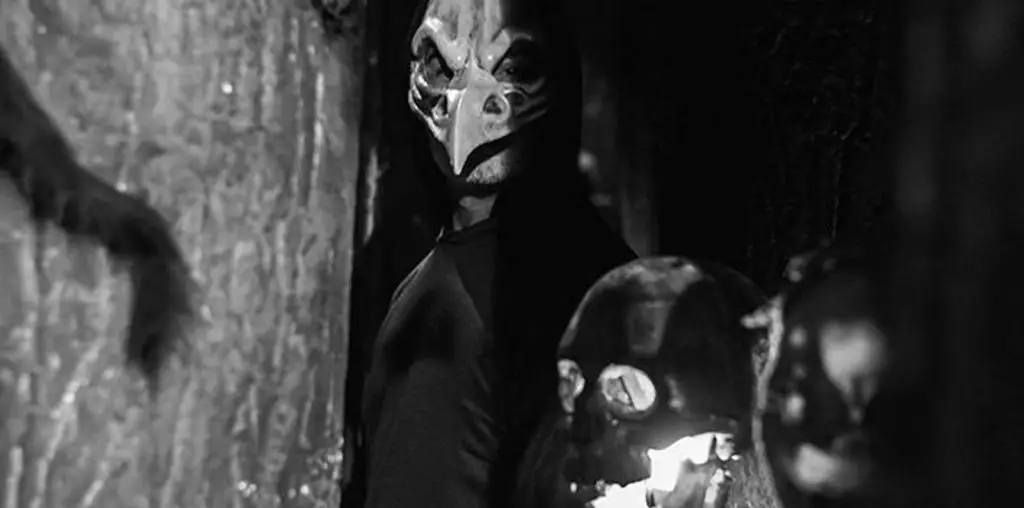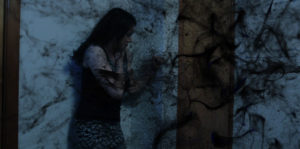
Dr. Liebenstein, directed, written, and starring Eric Karl, was initially released in 2014. A special edition with new music, updated effects, and scenes came out in 2018. The official synopsis is: A journalist (Jessica Henwick) investigates the truth behind a bestselling novel about a menacing vampire who was summoned from the darkness and began terrorizing couples in Chicago.
I will try to be gentle on this bold foray into the indie entry. I have always had a place in my heart for low-budget horror. Vampires have been hit or miss and done to death over the past decades with the creation of Twilight, Buffy The Vampire Slayer, and True Blood. So if a filmmaker is going to venture into undead bloodsucker territory, they should definitely have some new tricks up their sleeves.
In addition to vampires, the very idea of a bawdy, erotic, macabre horror story filled with dim-witted, snarky, snotty young adults who are being preyed upon by dark forces is not new. This has been the formula in the history of exploitation and grindhouse cinema since Last House on the Left and The Texas Chainsaw Massacre. This throughline is also present in the slasher genre and goes all the way to the post-modern, self-reflexive meta-universe of the Scream series. While the formula has worked in many instances, unfortunately, sometimes, the result is ineptitude. Dr. Liebenstein falls into the latter category.
It is clear what influences inspired Karl. Yet, the plot is very incomprehensible, with flashbacks and dream-within-a-dream vignettes. Apparently, it has to do with a man with a haunted past who becomes a vampire killer and protector for a group of young adults in some suburb.

“…a man with a haunted past who becomes a vampire killer and protector…”
With low-budget indie films, especially horror films, I look for ingenuity, a hint of savvy. What clever ideas are the filmmakers working on? What tropes do they play with? What conventions do they break? For example, how did George Romero work his magic? How did Herk Harvey shoot his shoestring-budget cult classic Carnival of Souls?
Despite the obviously limited budget, I have to give Dr. Leibenstein some credit. There is some nostalgic play with the clichés and trappings of low-budget, indie-horror vampire films. Yet, the acting is very amateurish. The very rules of pictorial continuity are violated in almost every frame. Additionally, the special effects look as though they were generated with an iPhone app.
Plus, while this is not innovative enough to become a cult classic, some of the dialogue is snappy and amusing. The film does not take itself too seriously, which is to the credit of Karl. The director’s attempts to be outrageous, satirical, and sexy hit more often than not. Unfortunately, the nuts and bolts of the plot and story cohesion are not here. In many ways, the viewer could grow impatient with the shoddy structuring and its frustrating pace. In addition, the cinematography is totally inept, akin to a home video at times.
Despite the amateurish flaws and frustrating ineptitude of Dr. Leibenstein, one should admire Erik Karl for even attempting to make his film. The ambition and drive are there. The talent and the end result are not, unfortunately. However, if one wants to see a struggling filmmaker grappling with the complexities and nuances of making a film, this might be an interesting experiment in that context.
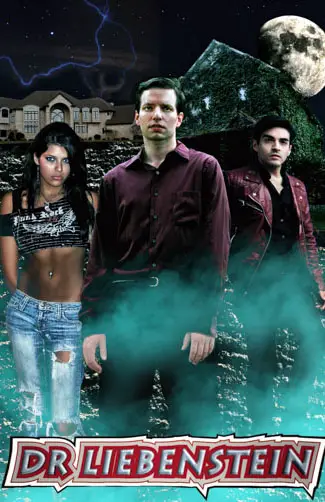
"…the dialogue is snappy and amusing."
